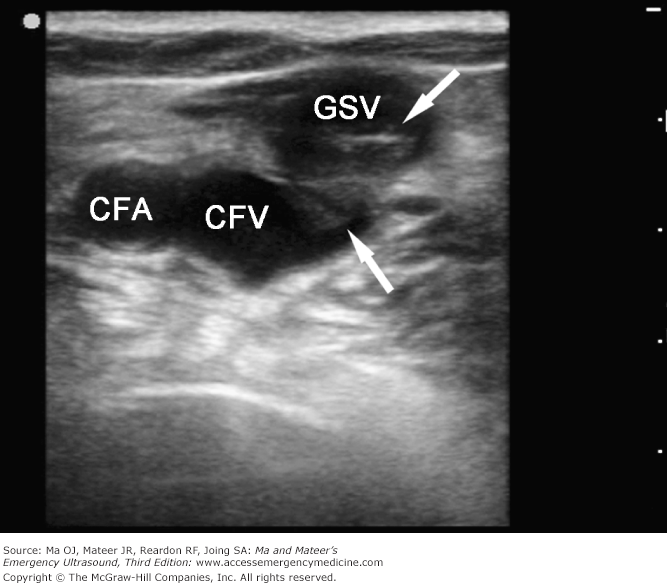[ad_1]
Dr. Robert Pearl, the former CEO of The Permanente Medical Group, the nation’s largest medical group, is one of today’s foremost thought leaders and authors in the healthcare industry. He shares his personal stories peppered with current, relevant statistics that paint an accurate picture of the United State’s healthcare system and dispel any illusions or misinformation. He recently spoke at MediRevv’s annual RevvCycle Summit and shared some engaging information.
For instance…
It turns out that there is a much cheaper and less invasive option for colonoscopies that produce the same results—but your doctor might not to tell you that. The reason why? Money, of course, as Dr. Pearl, tells us in his best-selling book Mistreated: Why We Think We’re Getting Good Health Care—And Why We’re Usually Wrong.
The U.S. spends fifty-percent more money than any other developed country on medical care, but ranks 70th in the world for quality of care. In short, America is far from the best in healthcare.
In Dr. Pearl’s keynote speech he highlighted the premise of his book, addressed some of the reasons that the U.S. health industry is ranked so poorly, and why Americans are not receiving the quality of care that should be given. He also posits some enlightening solutions to these problems that every consumer of healthcare faces.
Healthcare Integration
500,000 Americans die each year from preventable diseases and 200,000 from avoidable medical mistakes, a staggering number that begs the question: why is this happening? From Dr. Pearl’s personal experience, he deems the problem to be a lack of integration within the healthcare system.
Continuity of care between providers is almost non-existent, as Dr. Pearl shares how his father received a splenectomy and did not receive the standard pneumococcal vaccination afterwards because two different doctors had thought the other had administered the vaccination. This easily avoidable mistake eventually caused Dr. Pearl’s father’s subsequent death. When doctors and health systems are integrated it promotes collaboration and invites positive change.
Moving Toward Capitation
Currently, doctors are paid for their services whether they deliver good results or cause complications. What incentive is there for doctors to prevent disease, or offer proactive solutions and perform high quality medical procedures? It doesn’t make sense that doctors who cause a complication in their patients actually get paid twice— the second time being for the readmission to cure the resulting complication.
Dr. Pearl poses that the solution to driving down healthcare costs and increasing quality of care is capitation, or in other words, one fixed rate per patient for a unit of time which is paid to the physician in advance. The exact amount and coverage is negotiable, and capitation is closely monitored for utilization and quality.
According to the American College of Physicians (ACP), most capitation contracts for primary services include:
- Preventive, diagnostic, and treatment services
- Injections, immunizations, and medications administered in the office
- Outpatient laboratory tests done either in the office or at a designated laboratory
- Health education and counseling services performed in the office
- Routine vision and hearing screening
Healthcare Disruption
It’s no longer a question of ‘if’ but only of ‘when’ Amazon will roll out healthcare delivery services. High quality, convenience and affordability are all keywords associated with the juggernaut that is the Amazon brand—and they will figure out how to do it within the next five years, per Dr. Pearl’s prediction.
Healthcare is stuck in the last century, despite having access to so many technologies. Dr. Pearl states in this modern time we can have quality care, great service, and lower medical costs. Doctors could make video calls and deliver the same care that happens when a patient comes into the office, but under the current structure the doctor doesn’t get paid unless the patient makes that office visit. Technology and artificial intelligence will disrupt the old ways of healthcare delivery and bring forward more organization and accountability to create progress and change.
The Bottom Line
Currently, the health system is so fragmented that no one is stepping up to take responsibility. The goals that can be achieved through a comprehensive and all encompassing system of care delivery would prevent disease, avoid mistakes, deliver higher quality and affordable medical care to patients throughout the country.
About Robert Pearl, MD:
Dr. Robert Pearl is the former CEO of The Permanente Medical Group, the nation’s largest medical group, and former president of The Mid-Atlantic Permanente Medical Group. He led 9,000 physicians, 35,000 staff, and was responsible for the nationally recognized medical care of 4 million Kaiser Permanente members on the west and east coasts.
Recently named one of Modern Healthcare’s 50 most influential physician leaders, Pearl is an advocate for the power of integrated, prepaid, technologically advanced and physician-led healthcare delivery.
He serves as a clinical professor of plastic surgery at Stanford University School of Medicine and is on the faculty of the Stanford Graduate School of Business, where he teaches courses on strategy and leadership, and lectures on information technology and healthcare policy.
He may be best known for his 2017 book, Mistreated: Why We Think We’re Getting Good Healthcare—And Why We’re Usually Wrong, a Washington Post bestseller that offers a road-map for transforming American healthcare. All proceeds from the book benefit Doctors Without Borders.
[ad_2]










